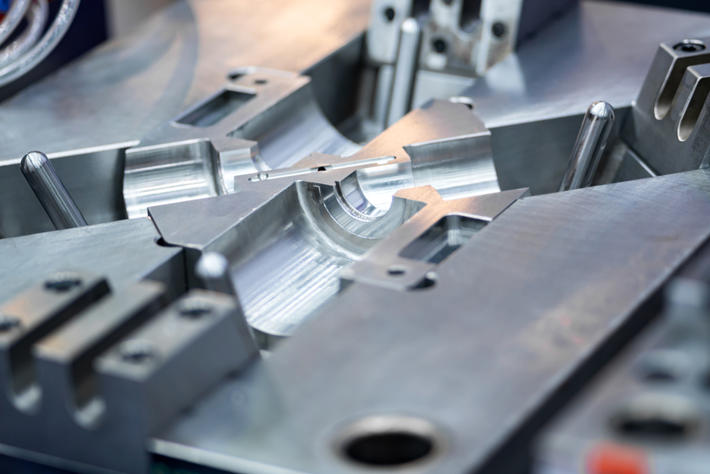Conversion coating is a surface treatment method used to enhance the properties of various materials, including aluminum. It involves the formation of a thin layer on the surface of the material, which provides improved corrosion resistance, adhesion, and paintability. This article aims to explore the benefits and applications of conversion coating for aluminum.
Benefits of Conversion Coating for Aluminum
Corrosion Resistance: Aluminum is a widely used material due to its lightweight and high strength-to-weight ratio. However, it is susceptible to corrosion, which can significantly reduce its lifespan. Conversion coating creates a protective layer that acts as a barrier against moisture and other corrosive substances, thus increasing the material\’s resistance to corrosion.
Adhesion: Aluminum surfaces have low surface energy, which makes it challenging for coatings, paints, and adhesives to adhere properly. Conversion coating enhances the surface energy of aluminum, allowing for better adhesion of subsequent coatings. This is particularly beneficial in industries such as automotive and aerospace, where strong adhesion is crucial for structural integrity.
Paintability: Aluminum surfaces often require paint or other coatings for aesthetic or protective purposes. However, without proper surface treatment, the paint may not adhere uniformly or may peel off over time. Conversion coating provides an ideal surface for paint adhesion, resulting in a more durable and aesthetically pleasing finish.
Applications of Conversion Coating for Aluminum
Automotive Industry: The automotive industry extensively uses aluminum for lightweighting purposes. Conversion coating plays a vital role in ensuring the durability and longevity of aluminum components, such as body panels, chassis, and engine parts. It provides corrosion protection and improves adhesion for subsequent paint or powder coating applications.
Aerospace Industry: Aluminum is widely used in the aerospace industry due to its high strength and low weight. Conversion coating is crucial in this sector to protect aircraft components from corrosion caused by harsh environmental conditions, such as humidity and salt spray. It also facilitates the bonding of adhesives used in aircraft assembly.
Construction Industry: Aluminum alloys find applications in various construction projects, such as windows, doors, and façade systems. Conversion coating helps protect these aluminum surfaces from corrosion caused by exposure to weather conditions, such as rain, wind, and UV radiation. It also enhances the adhesion of architectural coatings, improving the overall appearance and durability of the structures.
Electronic Industry: Aluminum is widely used in the electronics industry for its excellent heat dissipation properties. Conversion coating is essential in this sector to protect electronic components, such as heat sinks and enclosures, from corrosion. It also enhances the adhesion of conformal coatings used for protection against moisture and other contaminants.
Conclusion
Conversion coating offers numerous benefits for aluminum, including improved corrosion resistance, adhesion, and paintability. It finds applications in various industries, including automotive, aerospace, construction, and electronics. By using conversion coating, manufacturers can enhance the performance, lifespan, and appearance of aluminum components and products.
-

- Custom-made die casting parts&comopnents for bicycle suspension fork for MTB
-

- Sifarişlə metal hissələri macbook orta lövhəsi istehsal olunur
-

- CNC işlənmiş hissələri və komponentləri
-

- Ebike üçün maqnezium ərintisi tökmə təkər
-

- Magnesium Aluminium alloy die casting parts Chain cover for automotive
-

- Elektron velosiped üçün maqnezium ərintisi tökmə hissələri və komponentləri

 0086-750-5616188
0086-750-5616188 +86 13392089688
+86 13392089688 sales@zhongmei-tech.com
sales@zhongmei-tech.com







